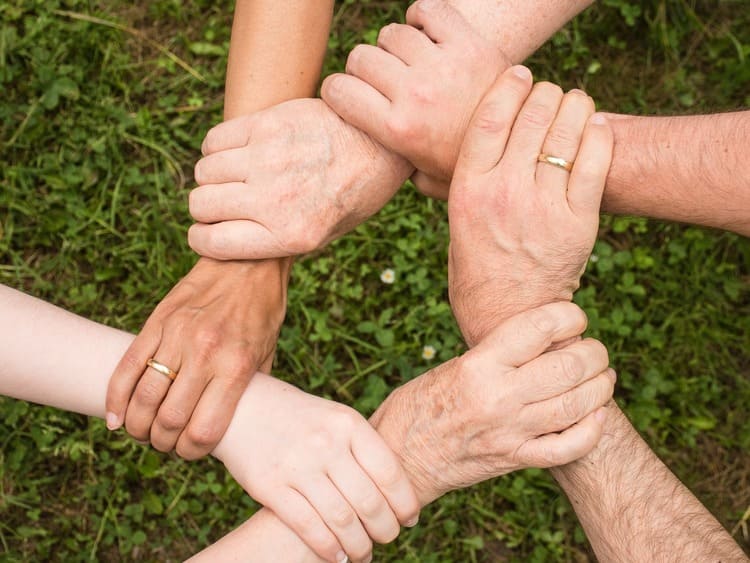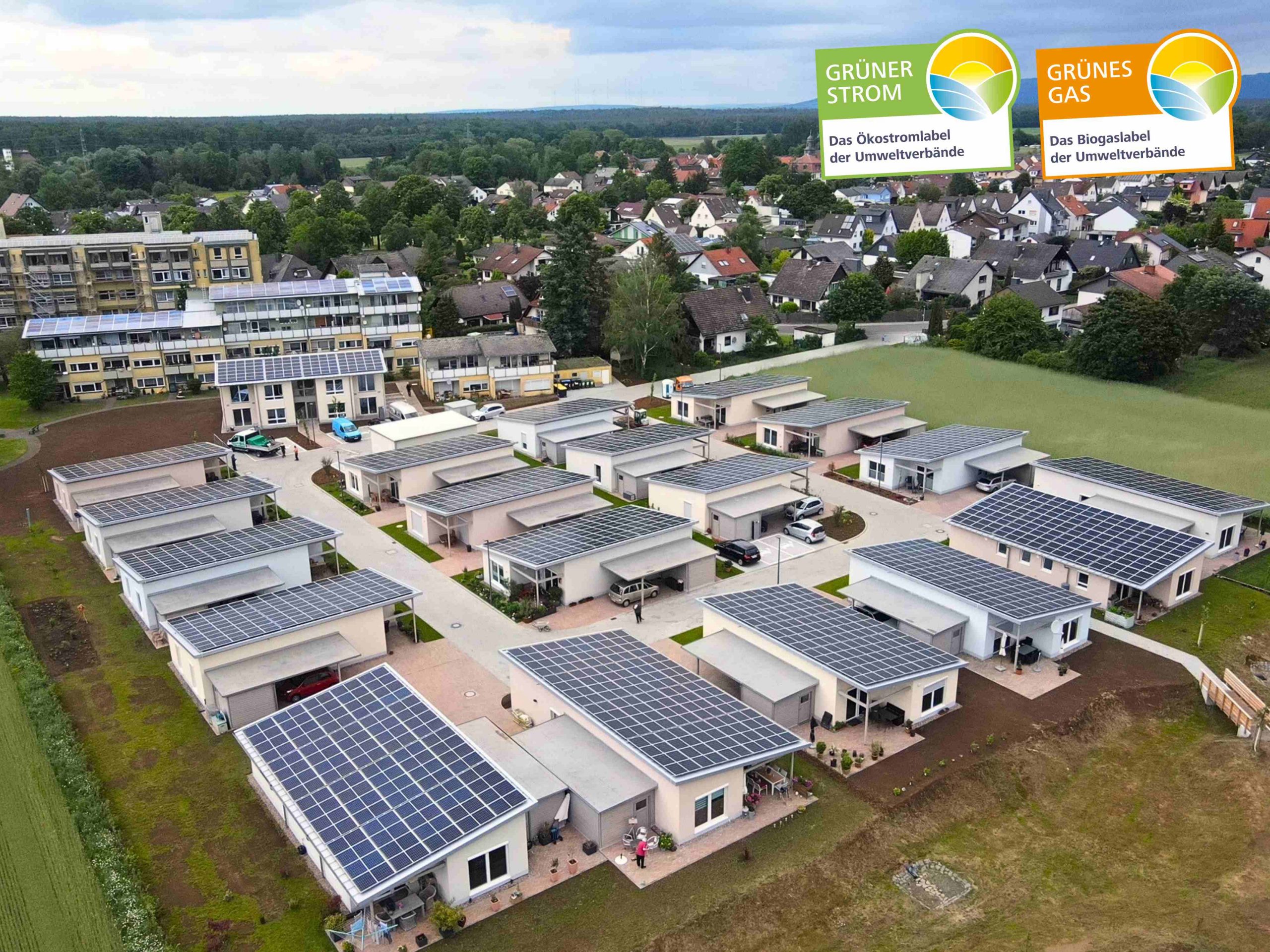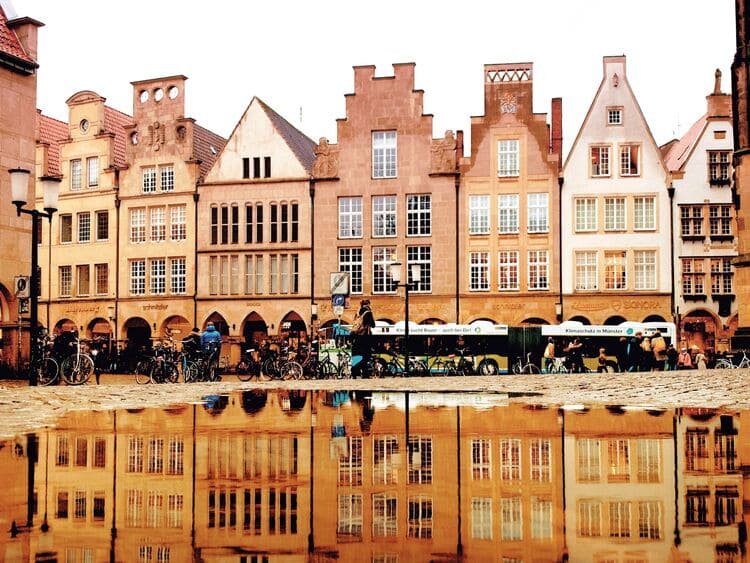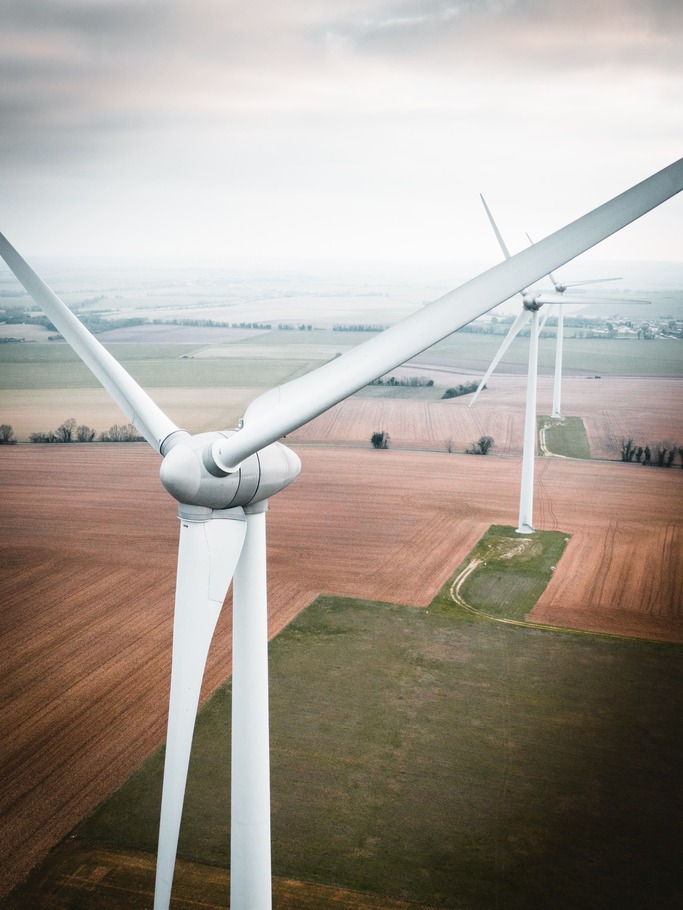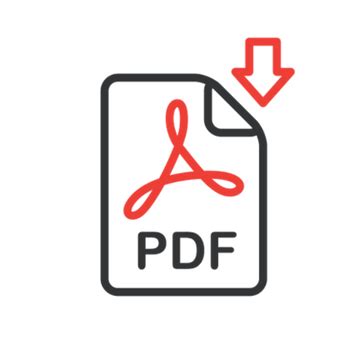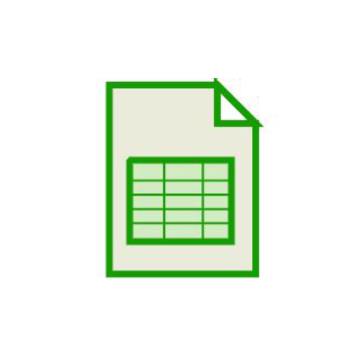Bonn, April 2, 2019. The SolidarSolar funding program for the installation of photovoltaic systems on buildings is entering its second round. This year, the funding program is endowed with 70,000 euros and enables non-profit institutions and organizations to implement their own projects for the expansion of renewable energies and energy efficiency. Citizen energy cooperatives and cooperative or municipal building societies can also receive grants. A new feature is that tenant electricity projects receive extra funding. Applications can be submitted from now until May 31, 2019.
"Our SolidarSolar support program is aimed specifically at institutions that work for the common good. In this way, they and the people who work, live or spend their free time there can benefit directly from the expansion of renewable energies," explains Rosa Hemmers, board member of Grüner Strom Label e.V. In the period from 2014 to 2016, more than 20 projects have already been successfully implemented with the help of grants from Grüner Strom Label.
The subsidy program consists of combinable elements that can be combined to form a future-oriented overall project. The basic component is the installation of a photovoltaic system. The system may have a capacity of 2 to 50 kilowatt-peak and can receive a subsidy of 20 percent of the costs. In addition, optional components related to the photovoltaic system can be subsidized:
- The installation of an electricity storage system with 30 percent of the cost
- Hardware and installation for a metering system in a PV tenant power model at 30 percent of the cost
- Energy efficiency measures, such as replacing older electrical appliances or lighting with high-efficiency systems with 20 percent of the costs
The prerequisite is that the applicants purchase green electricity with the Green Electricity Label or convert their electricity purchases to it. The program is financed from the Green Electricity Fund, a funding pot of the Green Electricity label. The core of the eco-label of the environmental associations is that a fixed subsidy amount per kilowatt hour of green electricity consumed flows into new energy transition projects, such as solar and wind energy plants or e-mobility. In the private customer sector, this is 0.5 cents per kilowatt hour. This demonstrably advances the energy transition. There are now over 1,300 projects across Germany that have been implemented with the help of the Green Electricity Label.
Information on the application procedure as well as the application form can be found at www.gruenerstromlabel.de/gruener-strom/energiewende-projekte/solidarsolar/. A decision on the funding applications will be made at the end of June.
Keywords
Solar energy, photovoltaics, subsidy program, green electricity, tenant electricity, energy efficiency, energy transition, green power
About Grüner Strom Label e.V.
The Grüner Strom Label e.V. certifies green energy products. The association awards two seals of approval for this purpose: the Green Electricity Label for green electricity with added value and the Green Gas Label for environmentally compatible biogas. The association is backed by seven non-profit environmental and consumer associations and peace organizations, including NABU, BUND, EUROSOLAR and the Verbraucher Initiative. The Green Electricity and Green Gas labels are the only quality seals for green electricity and biogas in Germany that are supported by leading environmental associations. www.gruenerstromlabel.de
Contact SolidarSolar 2.0
Gesa Heinichen
Green power certification
Tel: 0228 / 522 611-93
g.heinichen(at)gruenerstromlabel.de
